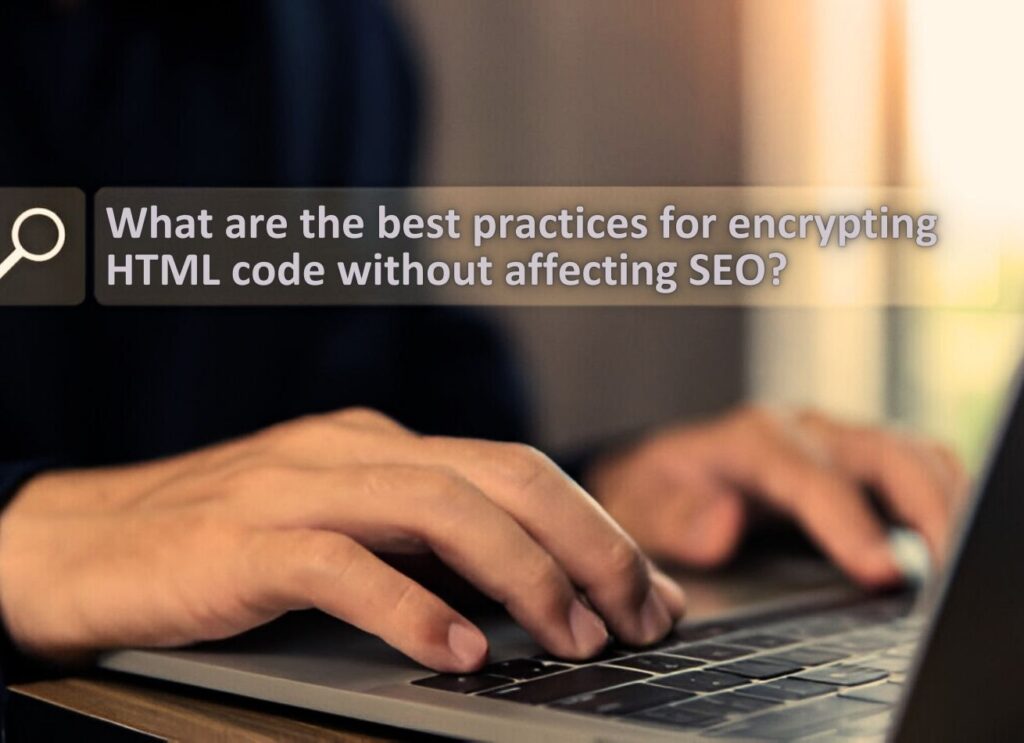Table of Contents:
- Introduction: Understanding CSRF and Its Impact
- Common Risks and Consequences of CSRF Attacks
- Effective Strategies to Educate Website Users on CSRF
- Best Practices to Prevent CSRF Attacks on Your Website
- How 8 Tech Labs Can Help Secure Your Website
- Conclusion
- FAQs
Introduction: Understanding CSRF and Its Impact
Cross-Site Request Forgery (CSRF) is a security flaw that enables attackers to deceive users into taking unwanted activities on a legitimate website. These attacks can compromise sensitive data, steal credentials, and even take over user accounts.
Because businesses rely on websites to function securely, educating users about CSRF threats is critical to ensuring online security. In this article, we will look at effective approaches to notify users and apply security measures to combat these risks.
Common Risks and Consequences of CSRF Attacks
- Unauthorized Transactions: Attackers can initiate financial transactions or purchase services without user consent.
- Data Theft: Sensitive information, such as personal details and login credentials, can be stolen.
- Account Takeover: Cybercriminals can gain control over user accounts, leading to data breaches.
- Loss of Trust: Customers may lose confidence in a website’s security, impacting business credibility.
- Legal and Compliance Issues: Failure to prevent CSRF attacks can result in legal penalties and non-compliance with data protection regulations.
Effective Strategies to Educate Website Users on CSRF
- User Awareness Campaigns: Provide informative blog posts, tutorials, and infographics explaining CSRF risks and prevention.
- Interactive Security Training: Conduct webinars and training sessions for users to recognize suspicious activities.
- Multi-Factor Authentication (MFA): Encourage users to enable MFA to add an extra layer of security.
- Regular Security Updates: Inform users about security patches and encourage timely updates.
- Clear Communication: Display security warnings and alerts on websites to keep users informed.
Best Practices to Prevent CSRF Attacks on Your Website
- Implement CSRF Tokens: Use anti-CSRF tokens in web forms and API requests.
- SameSite Cookie Attribute: Configure cookies with the SameSite attribute to prevent cross-site requests.
- User Session Expiry: Limit session duration to reduce the risk of unauthorized actions.
- Secure Authentication Mechanisms: Use strong password policies and biometric authentication.
- Regular Security Audits: Conduct periodic vulnerability assessments to detect and fix potential threats.
How 8 Tech Labs Can Help Secure Your Website
At 8 Tech Labs, we specialize in website security and development services to help businesses safeguard their online platforms. Here’s how we can assist:
- Custom Website Development: We design and develop secure, scalable websites with built-in security measures.
- Advanced Security Solutions: Our team implements CSRF protection mechanisms, firewalls, and encryption techniques.
- Cybersecurity Consulting: We offer IT strategy development and security advisory services to prevent cyber threats.
- Security Compliance & Audits: We ensure your website meets legal and industry security standards.
- Ongoing Maintenance & Support: Our experts continuously monitor and update your website’s security to stay ahead of evolving threats.
Conclusion
Educating consumers about CSRF risks and prevention is critical for providing a secure online experience. Businesses may effectively secure their platforms from cyber attacks by using best practices and partnering with reputable IT consulting and website-building companies such as 8 Tech Labs.
If you want to improve the security of your website and educate consumers about online safety, contact 8 Tech Labs today!
FAQs
CSRF is an attack where unauthorized commands are transmitted from a trusted user’s browser without their knowledge.
Unusual account activities, unexpected transactions, and security warnings may indicate CSRF attempts.
Using CSRF tokens, secure cookies, and authentication measures can significantly reduce risks.
Educating users helps them recognize phishing attempts, avoid risky behaviors, and enhance overall cybersecurity awareness.
8 Tech Labs provides secure website development, cybersecurity consulting, and compliance assessments to prevent threats like CSRF.




